10.80
9.72
$
12.00 $
Free delivery Wolrdwidе in 10-18 days
Ships in 2-4 days from New Delhi
Membership for 1 Year $35.00
Get it now and save 10%
Get it now and save 10%
BECOME A MEMBER
Books in the series
-
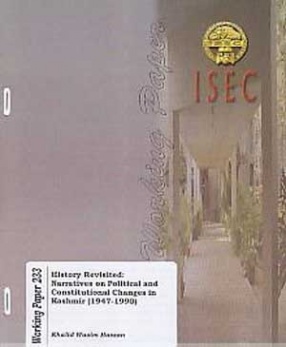
History Revisited: Narratives on Political and Constitutional Changes in Kashmir (1947-1990)
-
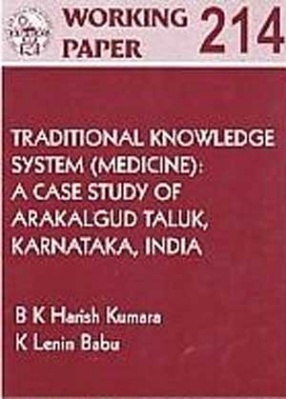
Traditional Knowledge System (Medicine): A Case Study of Arakalgud Taluk, Karnataka, India
-
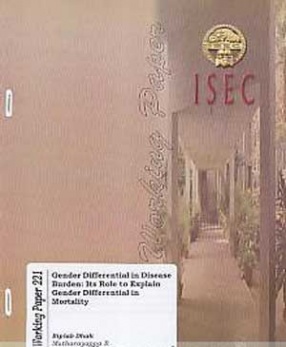
Gender Differential in Disease Burden: Its Role to Explain Gender Differential in Mortality
-
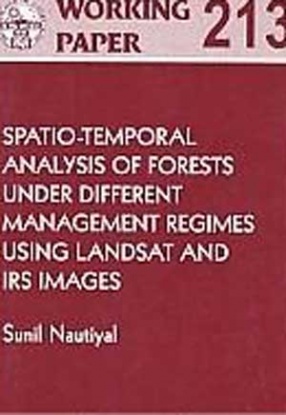
Spatio-Temporal Analysis of Forests under Different Management Regimes using Landsat and IRS Images

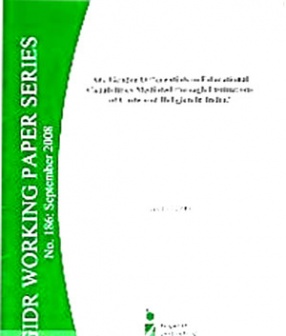
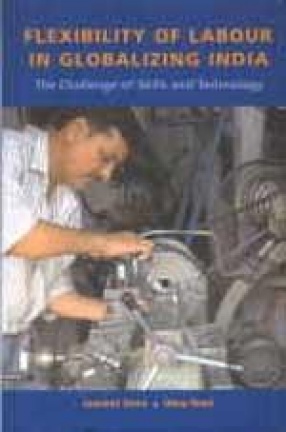
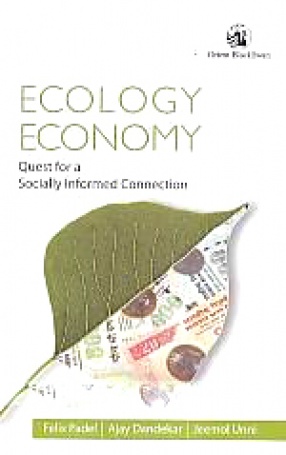
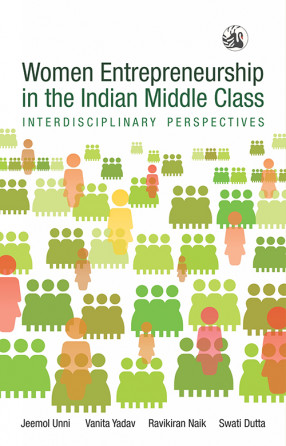
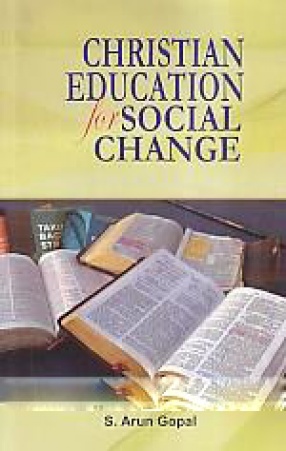

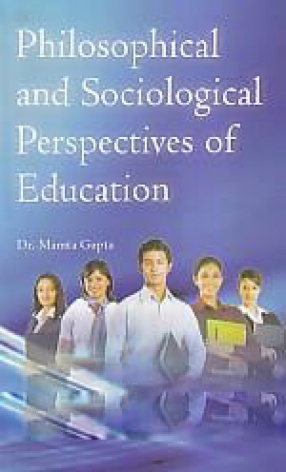
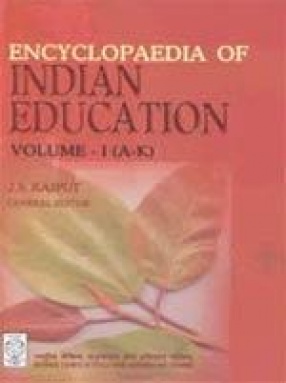

Bibliographic information